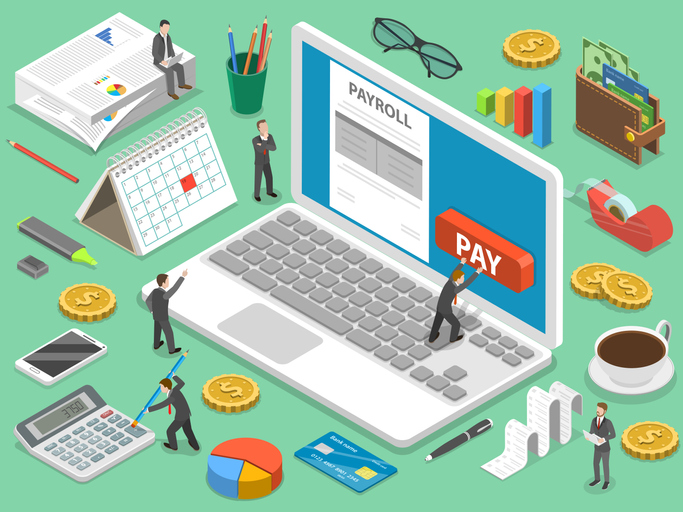Three trends impacting core HR systems
- HRM Asia Newsroom

Recent technology advances have forced a multi-faceted transformation in the way humans experience life. As consumers, we live and die by smartphones, 4G connections, and the multitude of user-friendly apps that seemingly serve every purpose under the sun.
If there has been a lag anywhere, it might be in how organisations approach the backbone of how we work – how we experience core HR tasks such as receiving payslips, booking time off, or even clocking in and out.
As renowned industry expert, Josh Bersin says, “In most companies, the technology experience at work is two orders of magnitude worse than the one at home.”
A focus on mobility Data from the UN Population Division indicates that millennials
have been the world’s largest generation for the last 25 years, and according to the World Economic Forum, they will comprise 75% of the
global workforce by the year 2025.
For these ‘digital natives’, mobility is key – as evidenced by the rising popularity of flexible and remote working opportunities. Accordingly, millennials also want and expect their core HR systems to be compatible across multiple operating platforms and devices,
and to be accessible anywhere, anytime.
The rise of the cloud, which represents cheap, flexible, and convenient computing, has been crucial in driving this “anywhere, anytime” mindset.
Integrated experiences
Crucially, the cloud has also enabled a democratisation of HR technology: solution providers are now able to develop flexible HR systems that can satisfy a wide range of diversified needs. Consider the example of JustLogin’s own HR platforms.
These are scalable across businesses of almost any size, whether an organisation has 10 employees, or 10,000. If needs change, that’s okay, too – the cloud makes it easy to scale up and down as necessary. The cloud also powers the use of Application Programming Interfaces (APIs); software protocols which allow HR teams to painlessly and affordably link up multiple systems.
Whether it is payroll, benefits, leave management, or any other module, these APIs mean an organisation can use the best-in-class HR apps together – without the headache of incompatible systems. They can integrate a localised payroll module to their SAP system used by their international operations, or seamlessly link their payroll and accounting software.
Such integration negates the need to input the same data over and over, and it further enables a seamless, digitised end-to-end HR
process for the employees using the technology.
This also allows smaller businesses to have end-to-end solutions, even if they don’t have big budgets.
Emerging tech
The cloud is also the conduit for every emerging technology of note, from artificial intelligence (AI), to machine learning, to blockchain.
Each of these presents new possibilities and realities for how core HR systems function, and how they are experienced by employees.
AI, for instance, is already powering chatbots that help employees apply for vacation leave, or check their benefits. Meanwhile, blockchain has the potential to facilitate secure transactions for international payrolls, without the fuss of third-party fees and processing times.
These developments are just the tip of the iceberg, considering that the core HR software market size is expected to grow to US$9.9 billion in 2022; up from an-already staggering US$6.5 billion in 2017, according to research from MarketsandMarkets.
With such massive growth on the horizon, factors such as business size, industry, or maturity, are moot – there has never been a better time to make the switch.
| JustLogin’s Chief Operating Officer, Chiou Hao Chan, will be speaking further about the future of core HR systems at HR Festival Asia. Catch him on May 9, at the event’s dedicated HR Tech stream. For more information, visit www.hrfestivalasia.com.
For more information on JustLogin’s HR solutions and offerings, visit www.justlogin.com |






